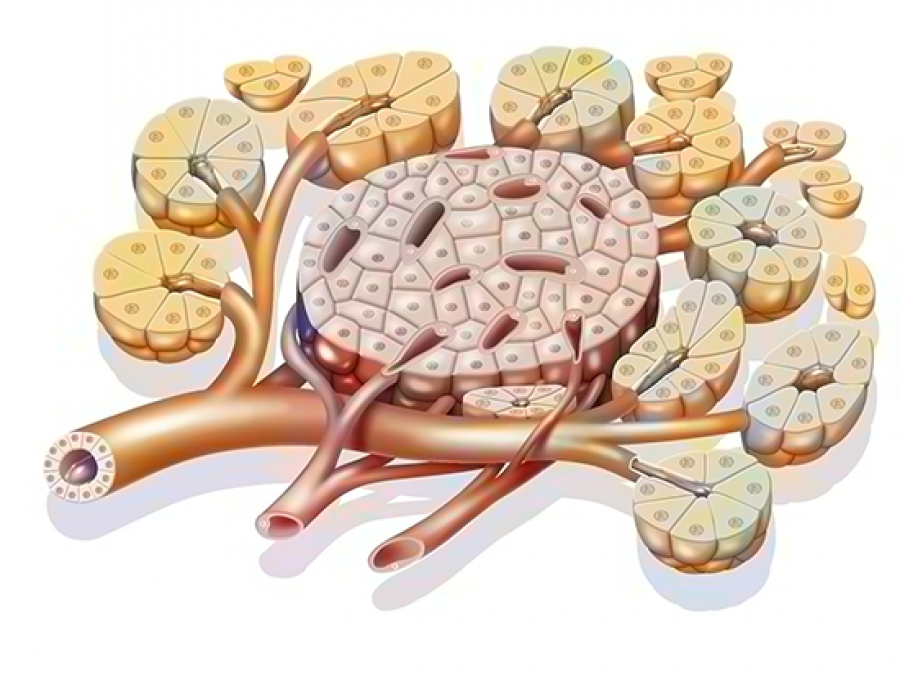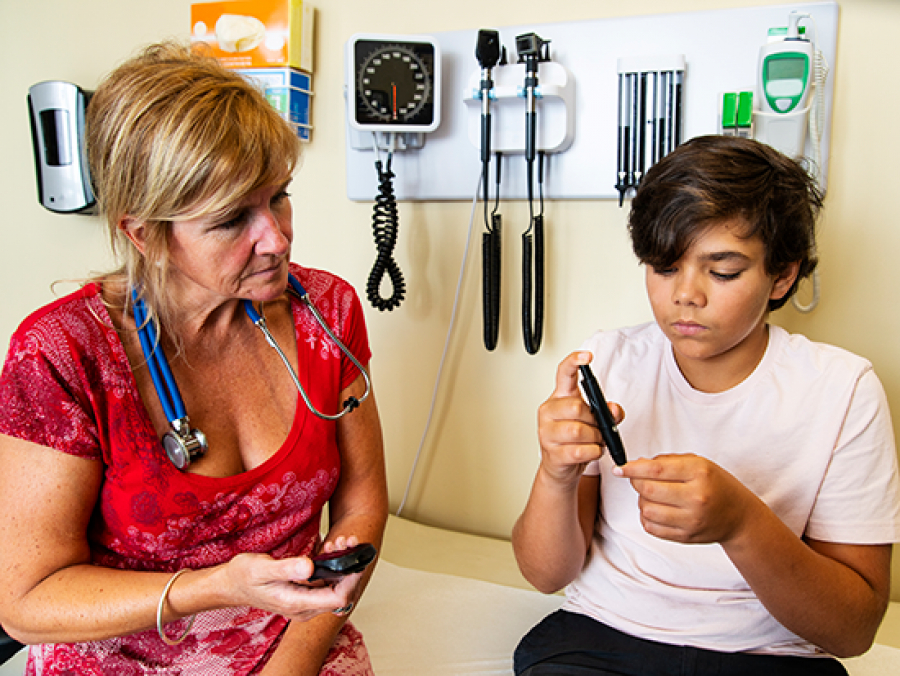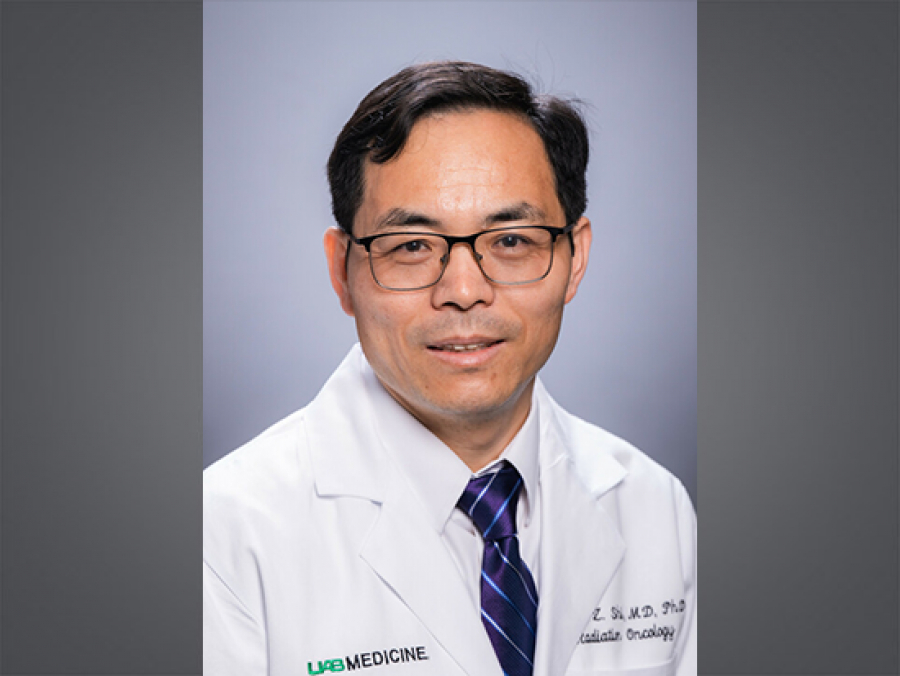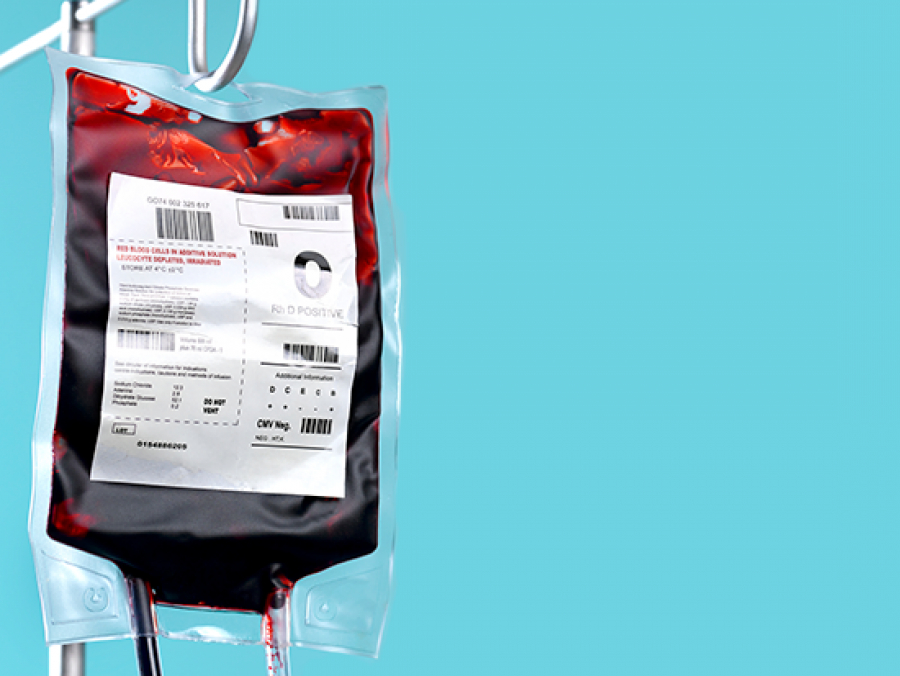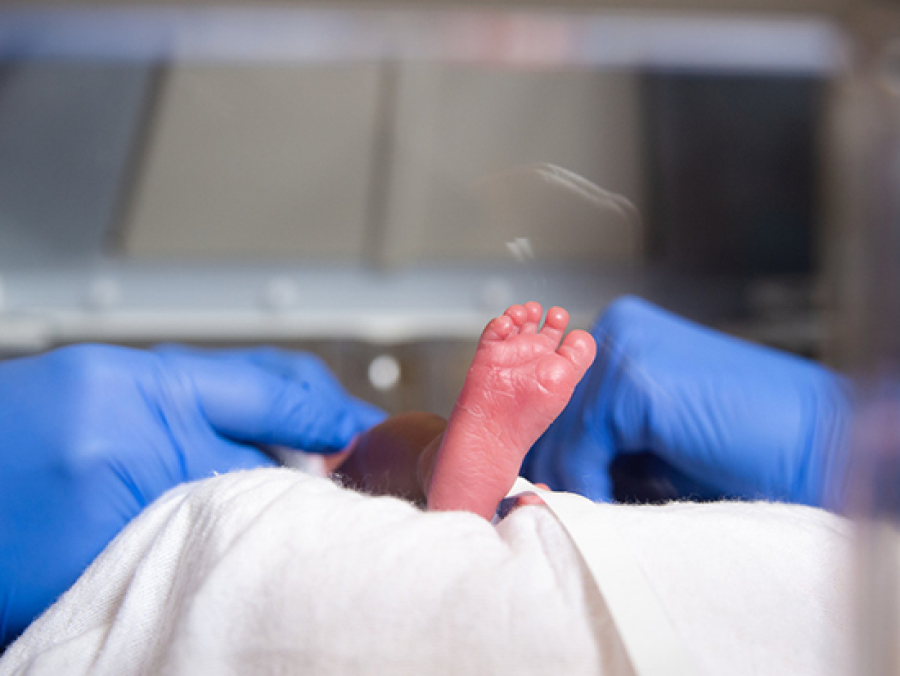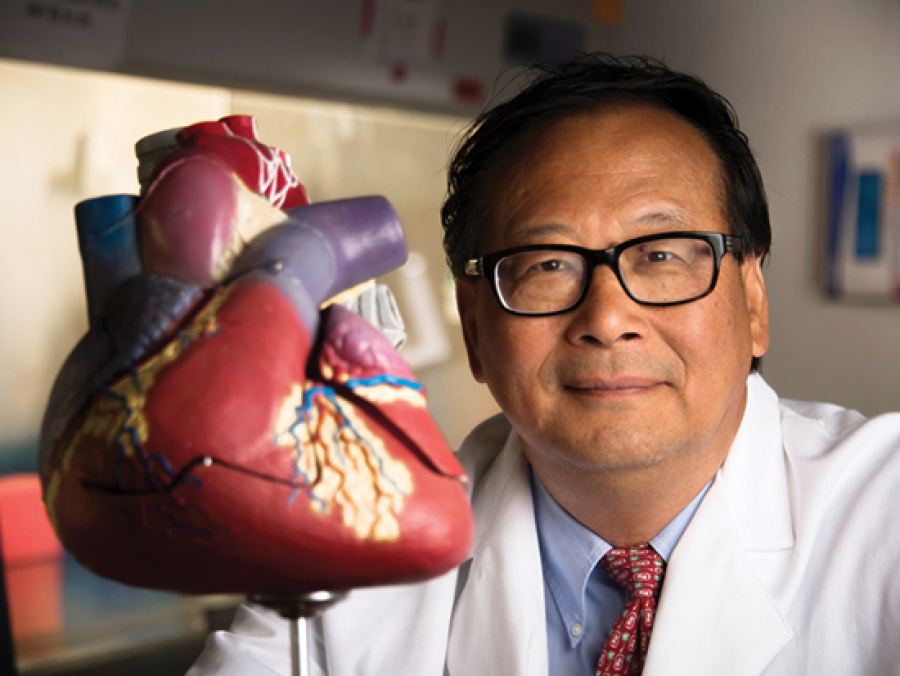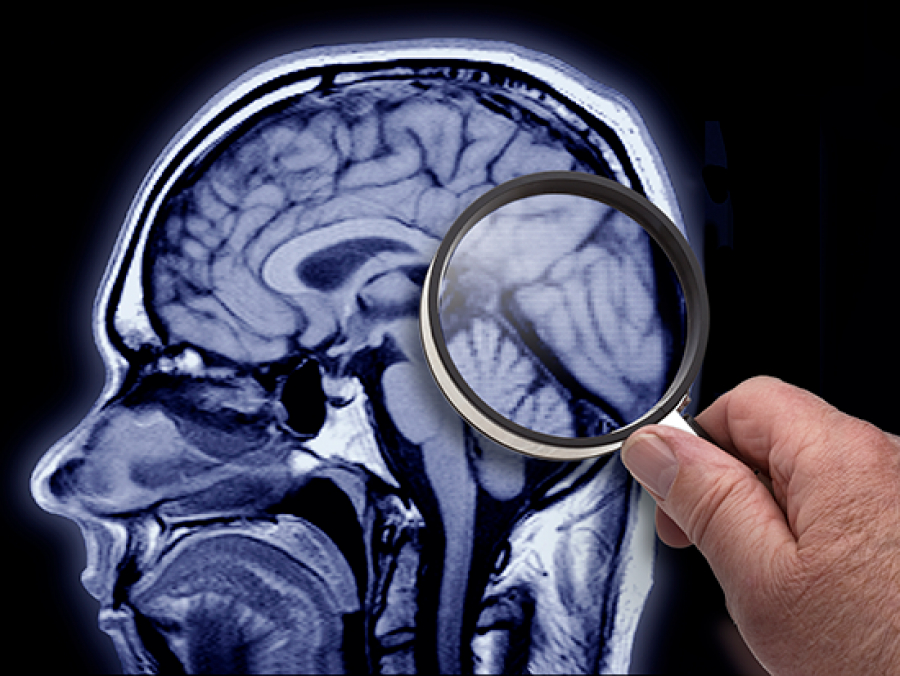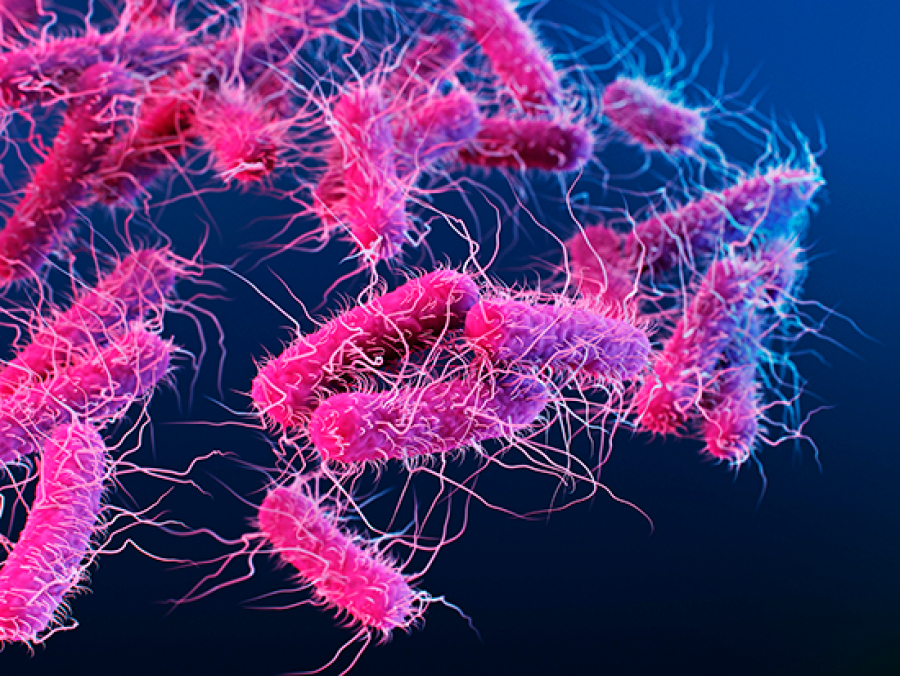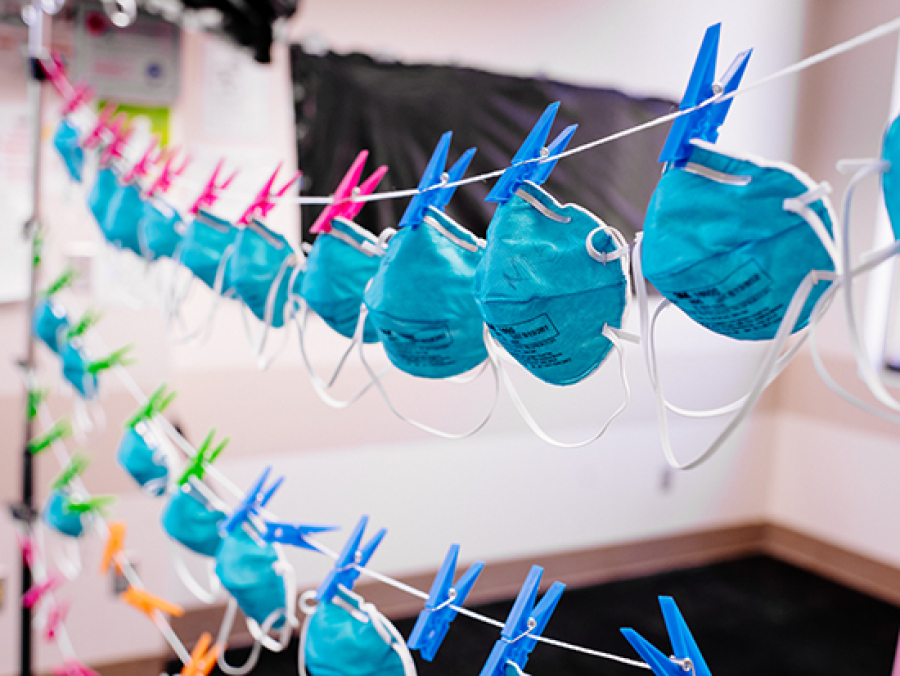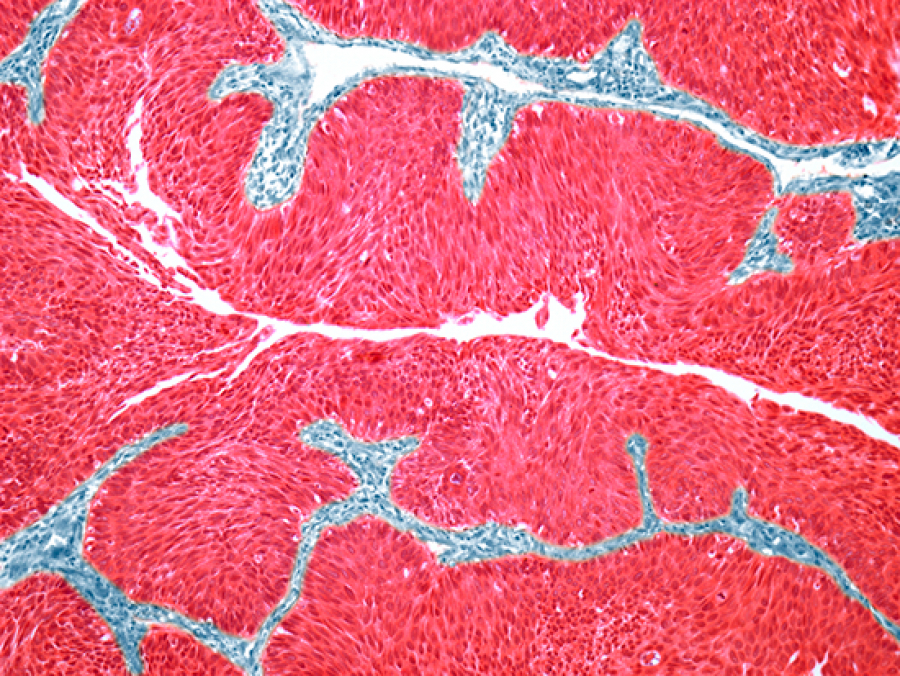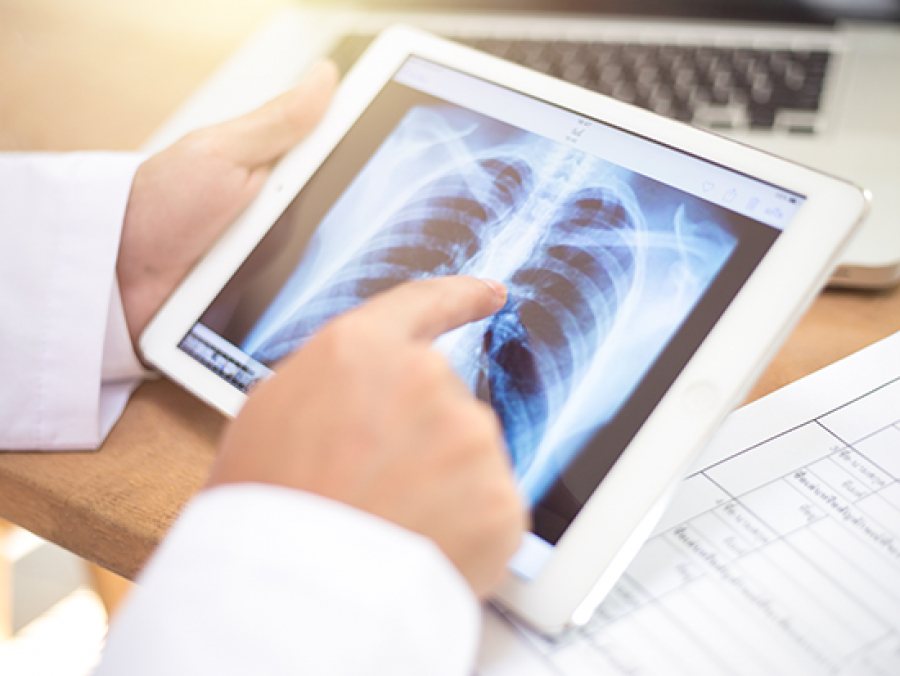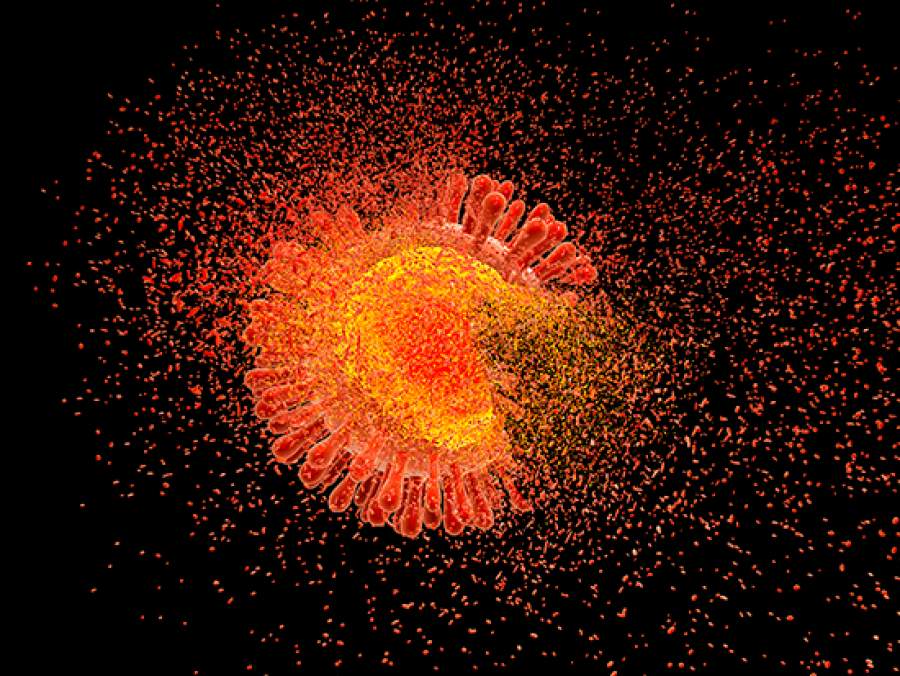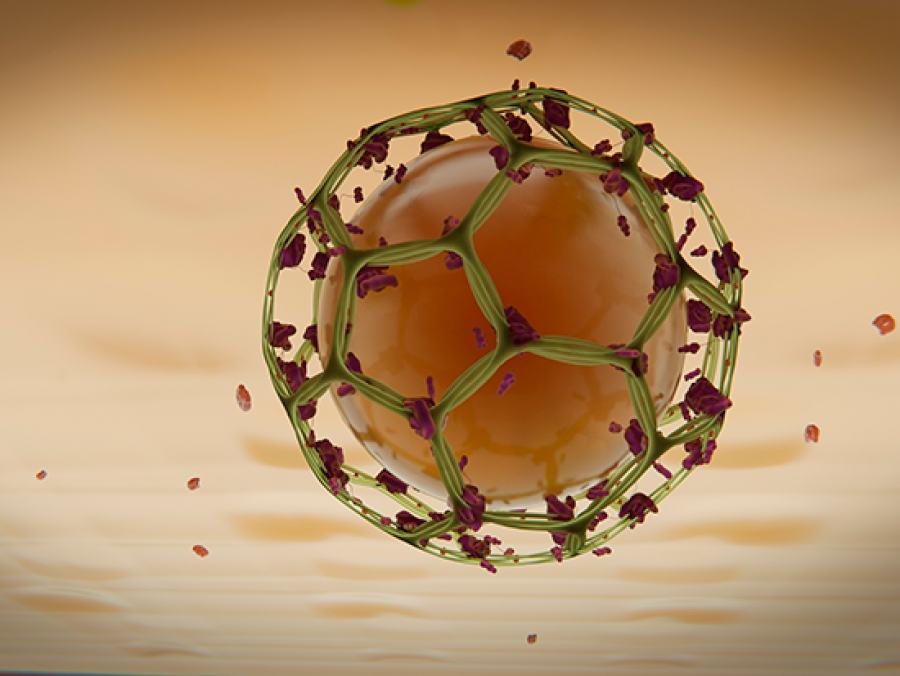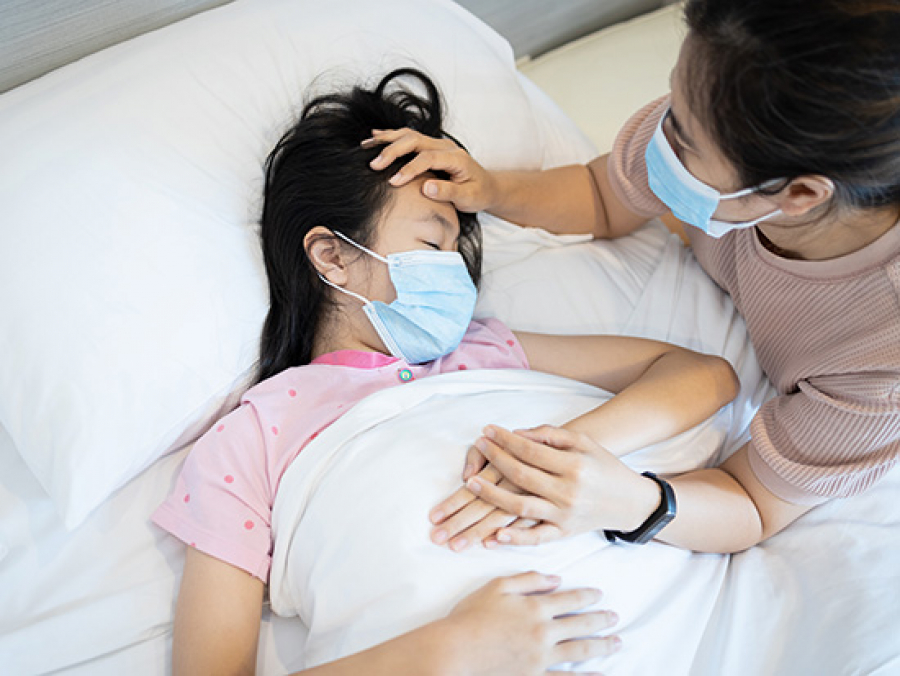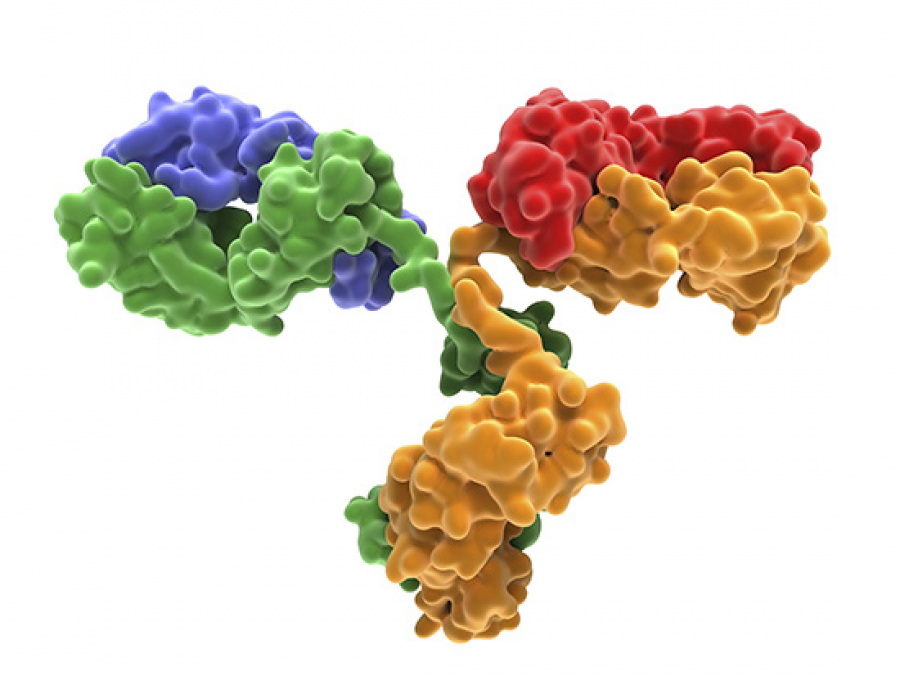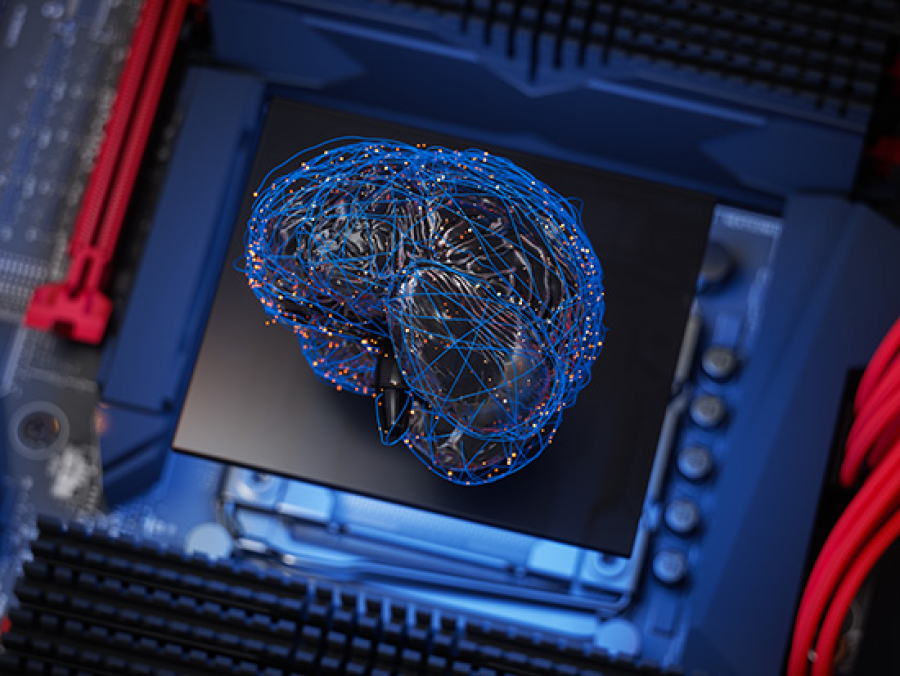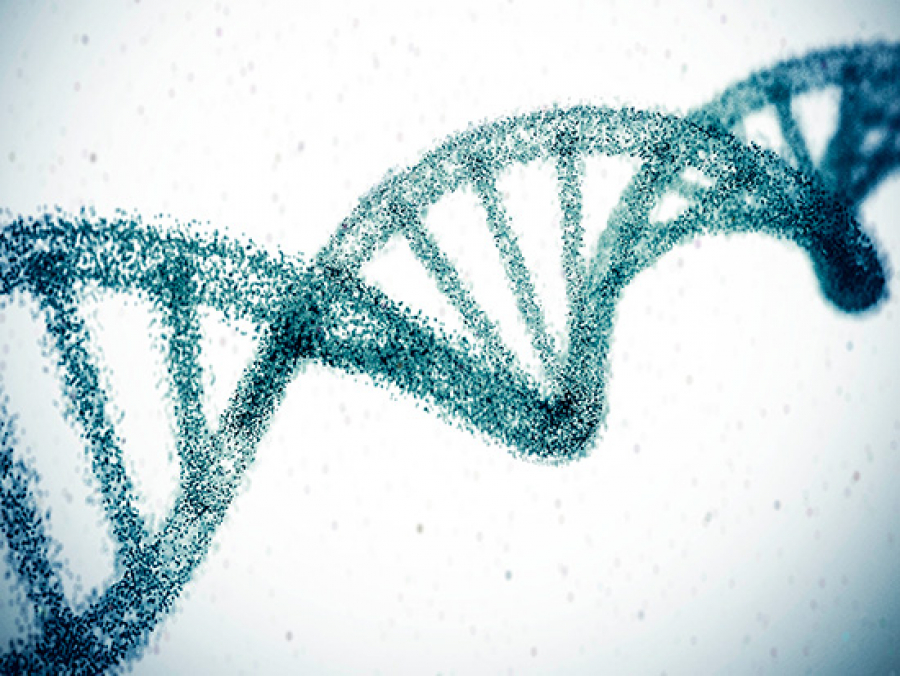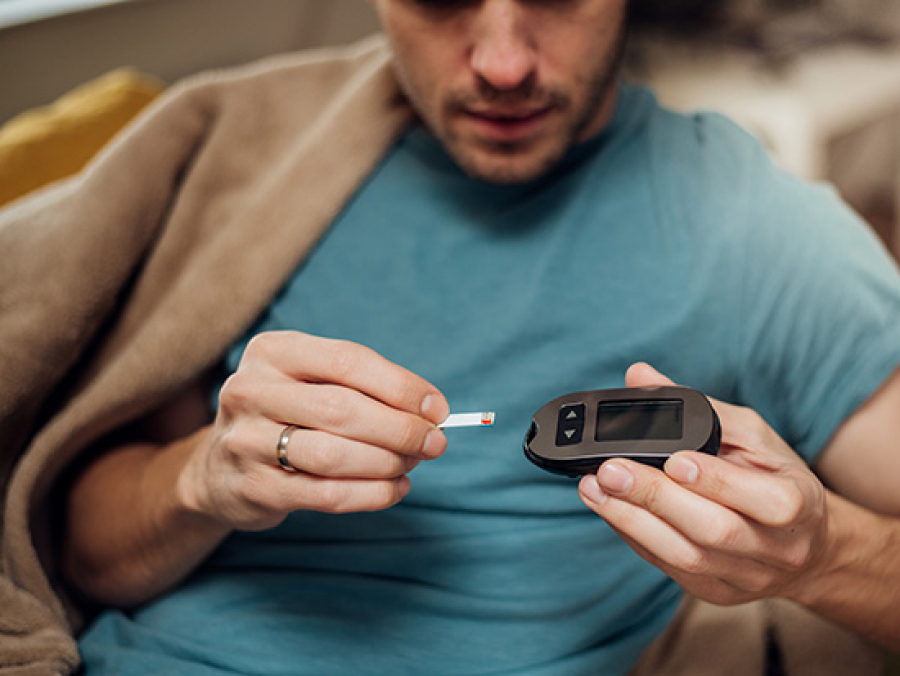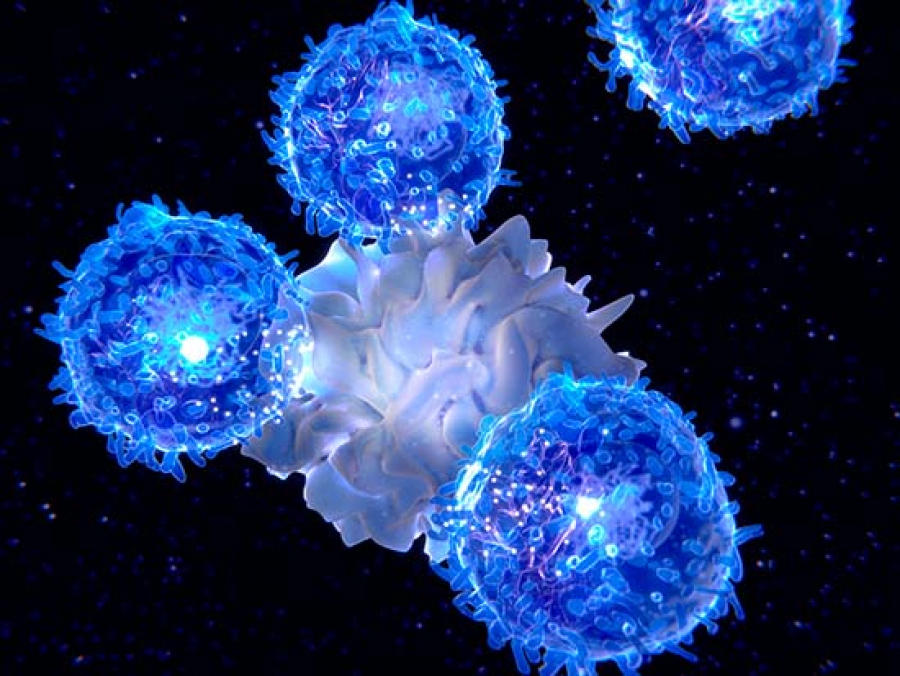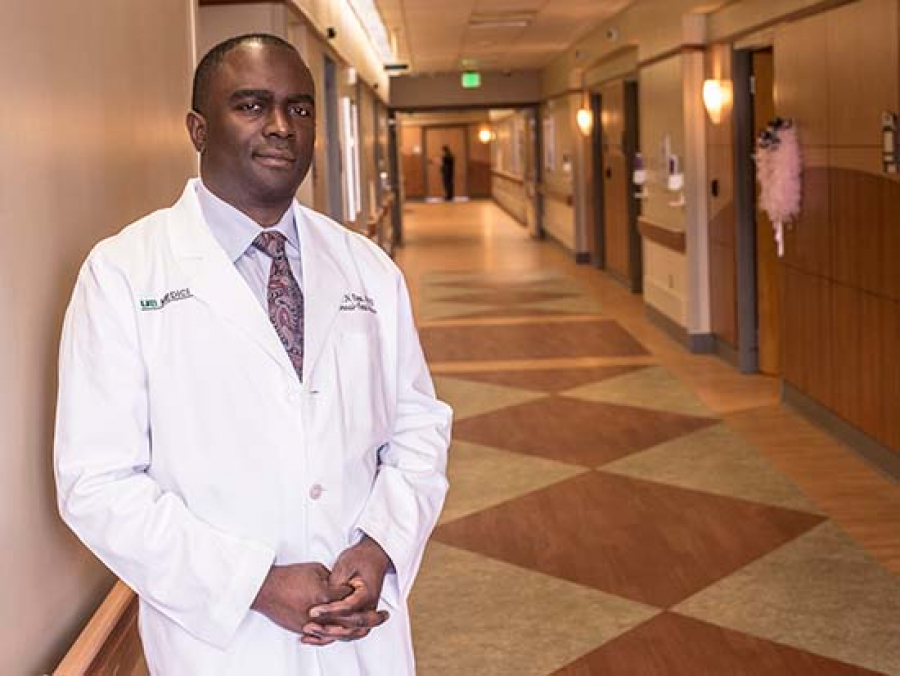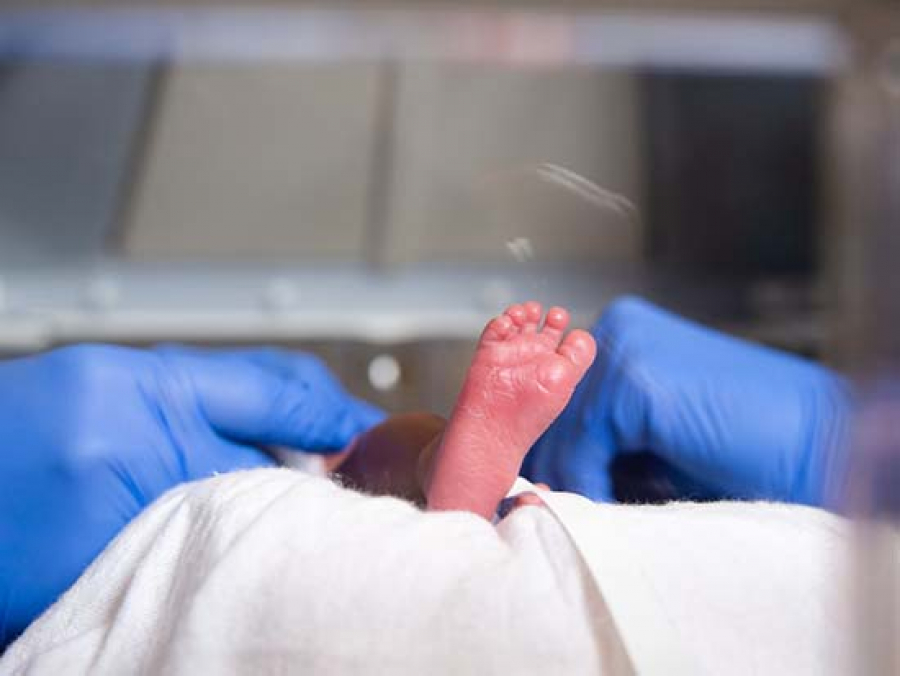Research & Innovation
Knockout of TXNIP improves diabetes-associated hyperglycemia and hyperglucagonemia.
Published results suggest the COVID-19 pandemic exacerbated the slow increase in pediatric Type 2 diabetes.
The clinically approved drug ruxolitinib suppressed a mouse model of melanoma that is resistant to immune checkpoint blockers.
The UAB projects will investigate was to improve and increase the use of artificial intelligence in biomedical research.
The study, an exception from informed consent trial, will compare whole blood to blood components in the treatment of traumatic injuries.
Noninvasive ventilation is possible in infants at limits of viability. But unlike in slightly older preterm infants, noninvasive ventilation did not show an advantage in infants of 22 weeks-0 days to 23 weeks-6 days gestational age.
Social media has been a useful tool to inform a community about research studies that are exempt from informed consent protocols.
Zhang wins $11.2 million NIH PPG grant to improve heart attack recovery through growth of new heart muscle cells.
The deciphering of a new signaling cascade sheds light on how mutations in metabolism cause normal cells to become cancerous.
Results published in the Journal of Alzheimer’s Disease show patients with one cancer diagnosis were less likely to develop dementia and had an overall slower cognitive decline than patients with no history of cancer.
A novel activity against hypothiocyanite has been found for an E. coli enzyme and homologs enzymes in Streptococcus, Staphylococcus and Bacteroides species, with implications for diseases like cystic fibrosis and inflammatory bowel disease.
Emergency department workers were the first line of defense against COVID, but their risk of infection was higher when they were not at work in their hospitals.
The researchers found that ARID1A-deficient bladder cancers are sensitive to combination therapies with the EZH2 inhibitor and inhibitors of PI3K, in a synergistic manner.
Women who have never smoked have smaller lung airways than men do, leading to higher risk for COPD.
The first known U.S. study evaluates the mental health of practicing dentists and dental hygienists during the COVID-19 pandemic.
X-ray crystallography revealed the structure of the HIV-1 matrix protein at 2.1 angstroms resolution, advancing understanding of key mechanisms of viral assembly.
Surprisingly, several competing models for this clathrin-mediated endocytosis all appear to function in two cell lines tested.
The investigators will look at diet’s impact on mobility, physical and cognitive function, as well as on pain, fatigue, sleep, mood and anxiety, in people with multiple sclerosis
This therapy, using sustained release of nitric oxide, may be a novel, efficient and safe way to prevent and treat multiple metabolic diseases.
The UAB Cardiogenomics Clinic provides genetic testing and counseling for a gene variant associated with a risk of heart failure and death.
COVID-related acute kidney injury peaked in 10- to 15-year-olds and 70- to 75-year-olds, suggesting age is not the sole determinant in severity of illness from COVID-19.
The monoclonal antibody cocktail is deliverable via a nasal dose, and it is also effective against SARS, MERS and several coronavirus cold viruses. The antibodies are engineered for long-acting effectiveness, potentially lasting a year or more when used in humans.
The fields of neuroengineering and brain-computer interfaces could have a tremendous impact on a number of neurologic conditions, such as stroke, neurodegenerative disorders, Parkinson’s disease, dementia and other brain diseases.
Traditional markers of cardiometabolic health may be lower in Black individuals, but the development of diabetes is more common in those with African ancestry.
Benefits of the blood pressure medication verapamil include delayed disease progression, lowered insulin requirements and preservation of some beta cell function.
Student-led study shows that those with autism spectrum disorder present difficulties in time estimation abilities while driving.
UAB physicians are working on the next steps to begin compassionate or emergency use of the pig kidneys in living humans. Two major approvals will be required.
In response to a viral infection, intrinsic IL-2 production by effector CD8 T cells affects IL-2 signaling, leading to different fates for two subsets of those cells — the one producing IL-2 and the one not producing IL-2.
Consortium led by UAB researchers in the UAB Heersink School of Medicine and School of Public Health received additional funding to further study chronic hypertension and preeclampsia epigenetics participants enrolled in the CHAP trial.
Death or severe brain bleeding in the first week after birth dropped from 27.4 percent to 15 percent after introduction of a bundle of evidence-based, potentially better practices for preterm infants. Median weight of the 820 infants studied was 1 pound, 10 ounces.
